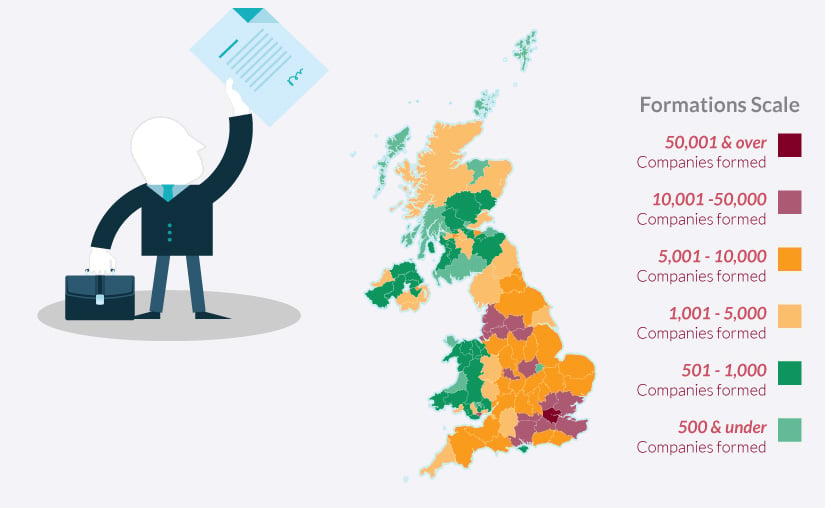 Shares and shareholders
Shares and shareholders
Treasury shares are the company’s own shares that it has bought back from an existing shareholder where those shares have not been immediately cancelled. This means that these shares still exist and, therefore, the company’s…
How to issue shares in the UK: A step by step guide
A new share allotment is one of the main ways for a company to raise new finance. Compared to share transfers, where no new money is received by the company, a share allotment can provide funds to expand or otherwise advance the…
Share options: What are they and how do they work?
Share options granted by a company allow the holder to purchase shares at a future date. Companies frequently offer options to employees as part of their compensation package to motivate them and align their interests with…
What are prescribed particulars?
Shares in a company give the owner various shareholder rights. These rights will usually be defined in:…
What you need to know about joint shareholdings
When one person holds shares jointly with one or more others, they are joint shareholders. That’s different from the situation where more than one shareholder each owns shares in a company in their own right. A joint…
How many shares should a new company issue?
How many shares should a new company issue? It’s a frequently asked question. There are several common patterns of share ownership in newly formed companies. However, there is also a great amount of flexibility and no absolute…
2025 Review
of UK Company Formations
Read our comprehensive review of UK company formations in 2024, year-on-year growth rates and breakdown by county. This detailed insight is provided in the form of easy to understand infographics available for sharing through social media and on your own website
